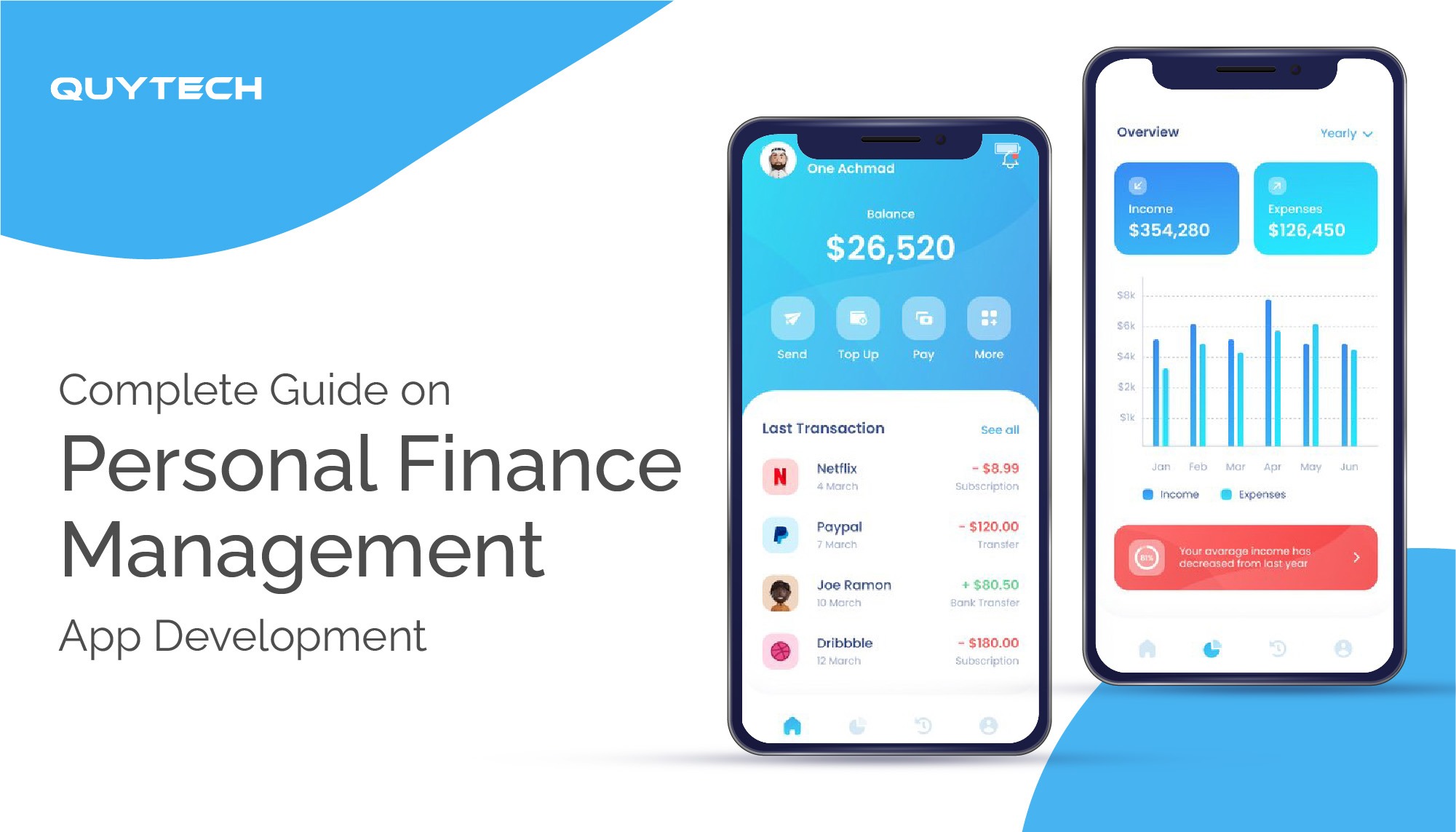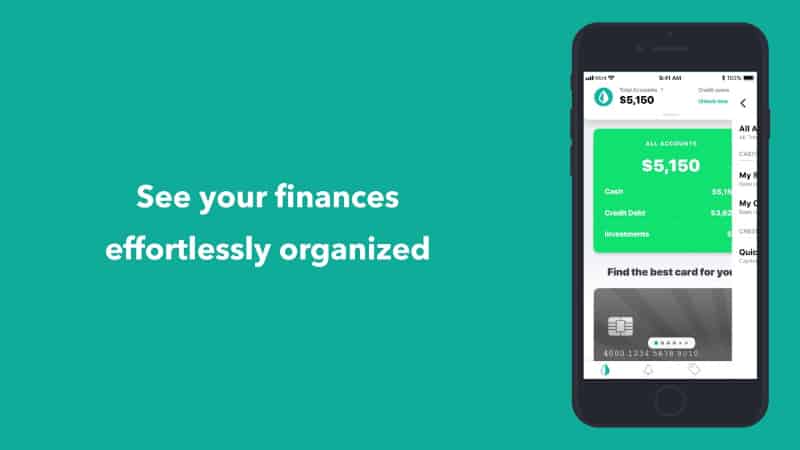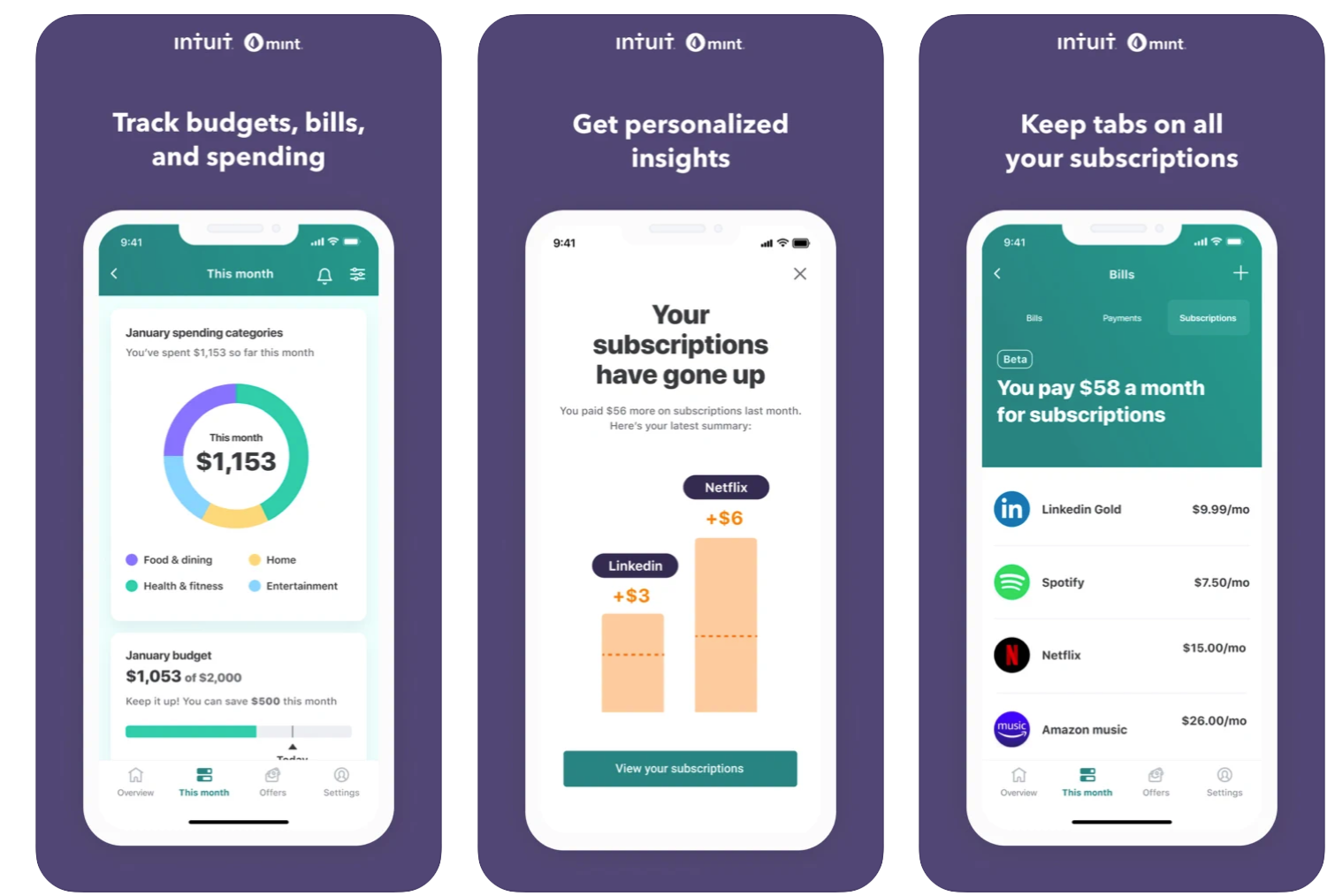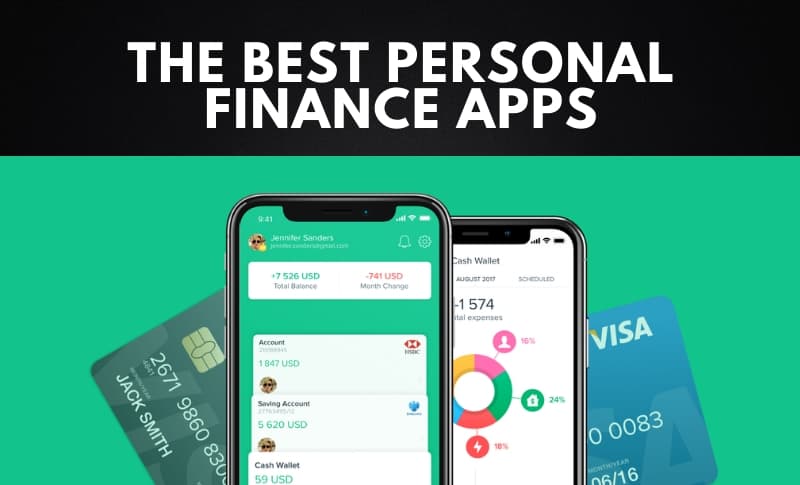Personal finance apps are revolutionizing the way we manage our money, empowering individuals with unprecedented control over their financial well-being. From tracking expenses to creating budgets, these apps provide a comprehensive suite of tools to help users achieve their financial goals.
With their user-friendly interfaces and advanced features, personal finance apps cater to a diverse audience, including individuals, families, and small businesses. Whether you’re looking to save for a down payment on a house, plan for retirement, or simply gain a better understanding of your spending habits, there’s a personal finance app tailored to your specific needs.
App Features and Functionality

Personal finance apps are designed to help users manage their money more effectively. They offer a range of features that can help users track their spending, create budgets, and plan for the future.
There are many different types of personal finance apps available, each with its own target audience. Some apps are designed for general use, while others are tailored to specific needs, such as budgeting, investing, or debt management.
Popular Personal Finance Apps
- Mint:A comprehensive personal finance app that offers budgeting, expense tracking, and investment tracking features.
- YNAB (You Need a Budget):A budgeting app that uses the “zero-based budgeting” method to help users track every dollar they earn.
- EveryDollar:A budgeting app based on the teachings of Dave Ramsey, a popular personal finance expert.
- Acorns:An investment app that allows users to invest their spare change automatically.
- Credit Karma:A credit monitoring and management app that offers free credit scores and reports.
Benefits of Using Personal Finance Apps

Personal finance apps offer a multitude of advantages for individuals seeking to manage their finances effectively. These apps provide a comprehensive platform to track expenses, create budgets, and set financial goals, empowering users to gain control over their financial well-being.
One of the key benefits of using personal finance apps is the ability to track expenses meticulously. By recording every transaction, users can gain a clear understanding of where their money is going. This information can help identify areas where spending can be reduced, allowing users to save more and allocate funds towards their financial goals.
Budgeting and Financial Goals
Personal finance apps also make budgeting a breeze. Users can create customized budgets based on their income and expenses, ensuring that their spending aligns with their financial priorities. By adhering to a budget, individuals can avoid overspending and make informed financial decisions.
Furthermore, personal finance apps facilitate the setting and tracking of financial goals. Whether it’s saving for a down payment on a house, retiring early, or funding a child’s education, these apps provide a structured approach to achieving financial aspirations. Users can monitor their progress towards their goals, stay motivated, and make necessary adjustments along the way.
Case Studies and Testimonials
Numerous case studies and testimonials attest to the positive impact of personal finance apps. For instance, a study conducted by the American Institute of CPAs found that individuals who used personal finance apps were more likely to save money, reduce debt, and improve their overall financial well-being.
Testimonials from satisfied users further highlight the benefits of these apps. “Using a personal finance app has been a game-changer for me,” said Sarah, a user of a popular budgeting app. “I’ve become much more aware of my spending habits and have been able to save more money than ever before.”
Security and Privacy Concerns: Personal Finance Apps

Personal finance apps handle sensitive financial information, raising concerns about security and privacy. These apps employ various measures to safeguard user data and comply with industry regulations.
To ensure the safety of their financial information, users should practice vigilance and adopt best practices. These include using strong passwords, enabling two-factor authentication, and being cautious of suspicious emails or messages.
Data Protection Measures
- Encryption:Apps encrypt user data both at rest and in transit, preventing unauthorized access.
- Data Minimization:Apps collect only the data necessary for functionality, reducing the risk of data breaches.
- Compliance with Regulations:Apps comply with industry regulations such as the Gramm-Leach-Bliley Act (GLBA) and the Payment Card Industry Data Security Standard (PCI DSS).
User Best Practices
- Strong Passwords:Use complex passwords with a combination of uppercase, lowercase, numbers, and symbols.
- Two-Factor Authentication:Enable two-factor authentication to require a second form of verification, such as a code sent to your phone.
- Suspicious Emails:Be cautious of emails or messages requesting personal information or asking you to click on links.
Trends and Future of Personal Finance Apps

The personal finance app industry is constantly evolving, with new trends emerging all the time. One of the most significant trends is the rise of artificial intelligence (AI) and machine learning (ML). These technologies are being used to develop apps that can automatically track spending, create budgets, and even provide personalized financial advice.
Another trend is the increasing popularity of mobile-first apps. These apps are designed to be used on smartphones and tablets, making them more convenient and accessible than traditional desktop apps. Mobile-first apps also often take advantage of features such as location-based services and push notifications, which can be very useful for managing personal finances.
The Future of Personal Finance Apps
The future of personal finance apps is bright. As AI and ML continue to develop, we can expect to see even more sophisticated and powerful apps that can help us manage our finances more effectively. We can also expect to see more mobile-first apps, as well as apps that integrate with other financial services, such as banks and credit unions.
One of the most exciting potential developments in the future of personal finance apps is the use of AI to provide personalized financial advice. These apps could use AI to analyze our spending habits, income, and goals to provide tailored advice on how to save money, invest, and plan for the future.
The Role of Artificial Intelligence and Machine Learning
AI and ML are playing an increasingly important role in the development of personal finance apps. These technologies can be used to automate tasks, such as tracking spending and creating budgets. They can also be used to provide personalized financial advice, based on the user’s individual circumstances.
One of the most promising applications of AI in personal finance is the use of chatbots. These chatbots can be used to answer questions about personal finances, provide financial advice, and even help users track their spending. Chatbots are still in their early stages of development, but they have the potential to revolutionize the way we manage our finances.
Outcome Summary

As the personal finance app industry continues to evolve, we can expect even more innovative and groundbreaking features in the years to come. Artificial intelligence and machine learning will play an increasingly significant role, providing personalized insights and automating complex financial tasks.
Personal finance apps will become an indispensable tool for anyone looking to take control of their finances and achieve financial success.
Clarifying Questions
What are the benefits of using a personal finance app?
Personal finance apps offer numerous benefits, including expense tracking, budgeting, goal setting, and financial planning. They can help users gain a clear understanding of their financial situation, identify areas for improvement, and make informed financial decisions.
Are personal finance apps secure?
Reputable personal finance apps employ robust security measures to protect user data. They typically use encryption, multi-factor authentication, and other industry-standard security protocols to ensure the privacy and confidentiality of financial information.
How can I choose the right personal finance app for me?
Consider your financial goals, spending habits, and the features that are important to you. Research different apps, read reviews, and try out a few free trials to find the app that best meets your needs.
